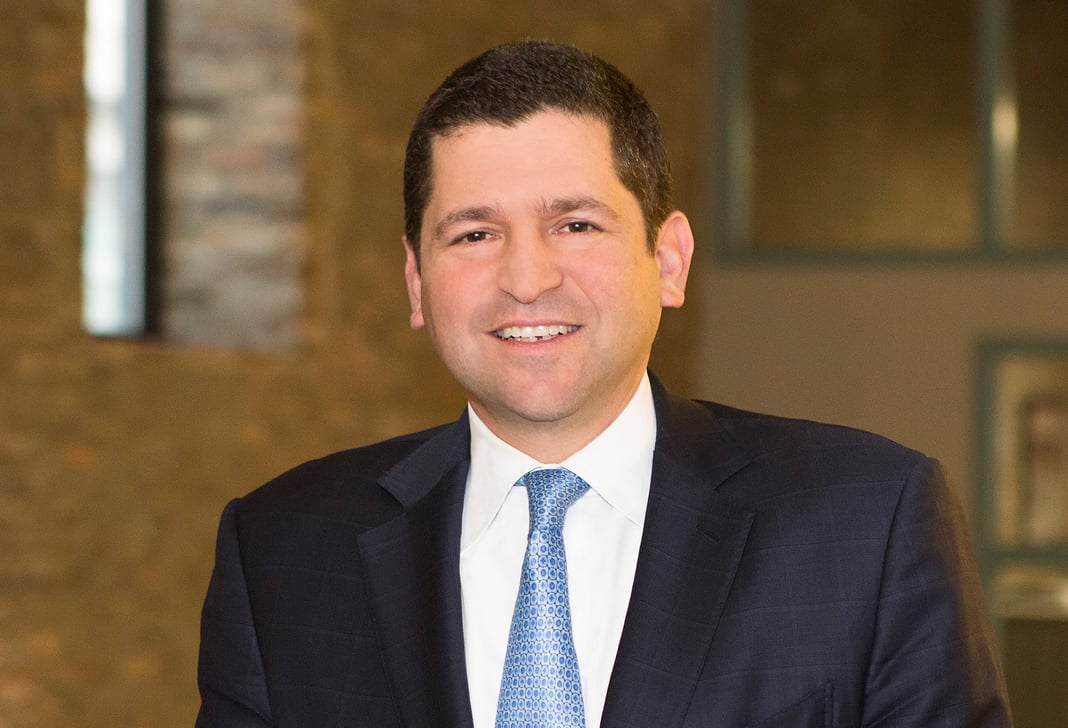McDonald's successfully defeats class certification in putative state-wide wage and hour action
Client(s) McDonald's Corporation
Jones Day successfully represented McDonald's in a class-action lawsuit filed by former McDonald's employees, asserting claims under the Fair Labor Standards Act, the Missouri Minimum Wage Law, and common law theories of unjust enrichment, quantum meruit, and breach of implied contract.
On August 12, 2010, the U.S. District Court for the Eastern District of Missouri ruled in favor of Jones Day client McDonald's Corporation, denying the plaintiffs' motion for class certification in a putative state-wide wage-and-hour class action. The plaintiffs alleged that McDonald's had failed to pay all overtime compensation due hourly employees at the Company's Missouri restaurants. The plaintiffs specifically asserted that McDonald's had improperly edited employee time records to reduce reported hours worked, automatically deducted break time regardless of whether employees actually took a break, and forced employees to work off-the-clock. In addition, plaintiffs sought compensation for time spent cleaning and maintaining their McDonald's uniforms. Plaintiffs sued under Missouri state law, and they sought class certification of their state-law claims. (Plaintiffs also brought FLSA claims on an individual basis only.)
The case was originally filed in the Circuit Court of Cole County, Missouri. Jones Day successfully removed the case to the U.S. District Court for the Western District of Missouri, then prevailed on a motion to transfer the matter to the Eastern District. Following a period of discovery and briefing, the Eastern District rejected plaintiffs' class certification bid, accepting Jones Day's arguments that the plaintiffs' claims were "highly individualized" and that "fact intensive issues predominate over common questions and preclude class certification." For example, as to plaintiffs' claims that McDonald's had improperly edited employee time records, the court agreed that there are numerous "legitimate reasons to manually edit an employee's computerized time punches," noting that the plaintiffs themselves admitted that their time had been edited on multiple occasions to ensure that they were properly paid for all hours worked. Against this backdrop, the Court found persuasive Jones Day's arguments that plaintiffs' claims could not be resolved on the basis of common evidence, and that the plaintiffs had not demonstrated either that common issues predominated or that a class action would be a superior method of proceeding on the facts presented.
Doyel, et al., v. McDonald's Corporation, Case No. 4:08-cv-01198-CAS (E.D. Mo. August 12, 2010)


